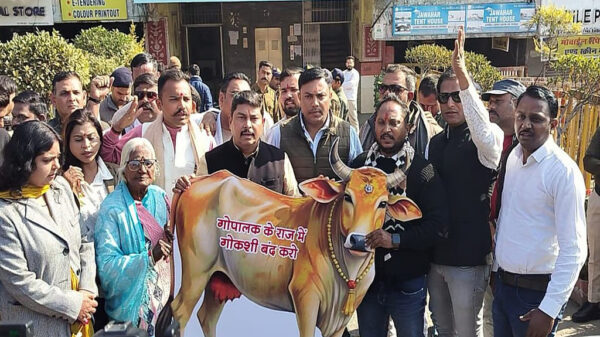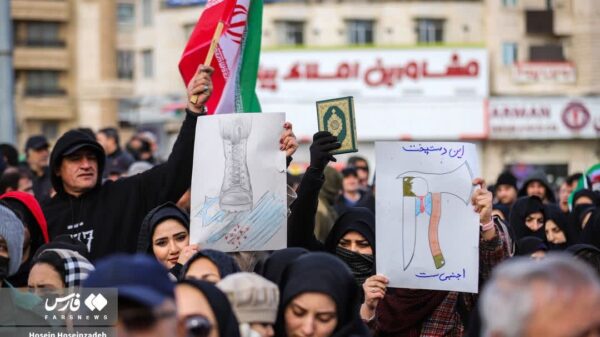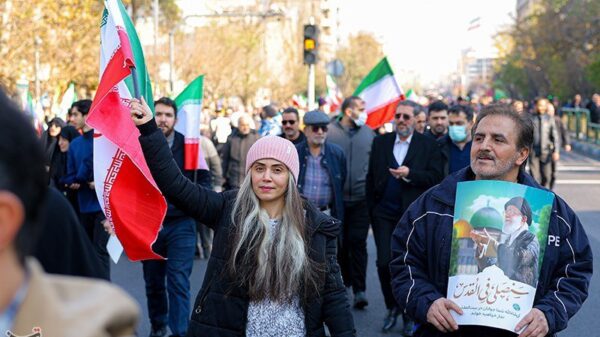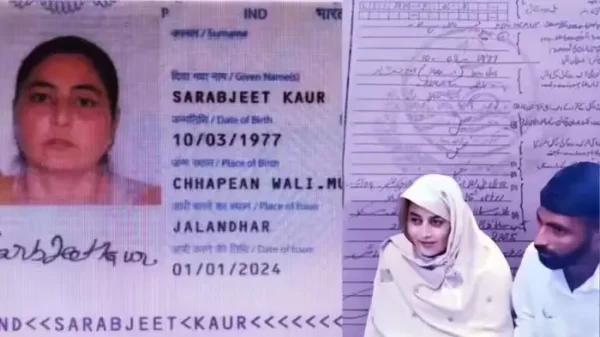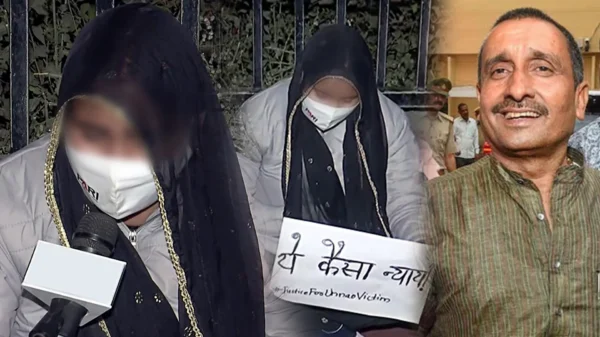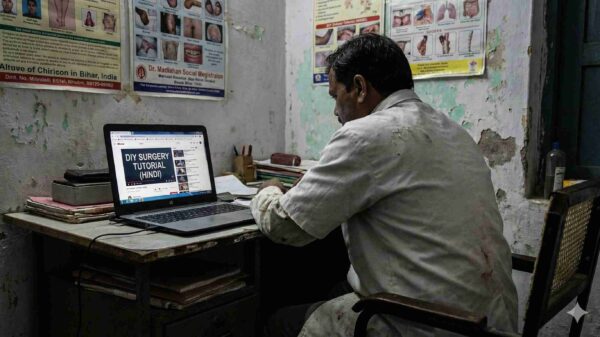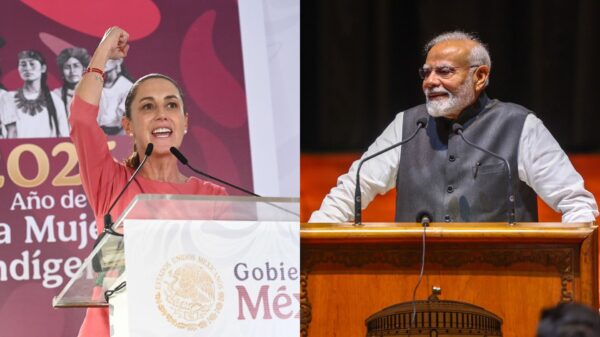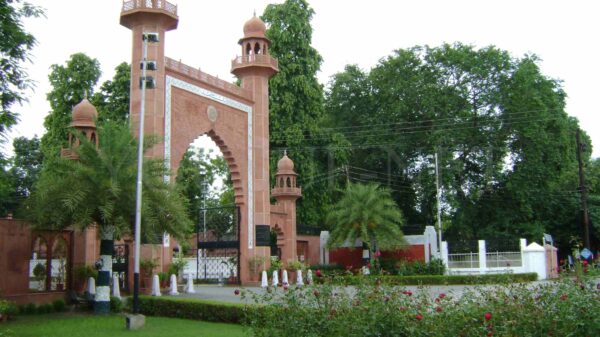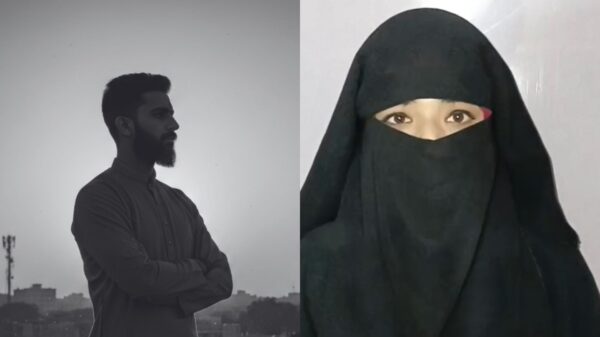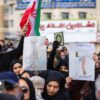A young Muslim mechanical engineer from Assam’s Silchar has alleged that he was harassed during a recruitment process when an HR personnel directly asked him about his religion.
Shamim Barbhuiya, who had applied for a job through Indeed, said the HR initially offered him a salary of ₹18,000 per month and asked him to join after the 6th of the month. “They told me to come to the office to join, but I began doubting their claims since I wasn’t given a joining letter. When I asked about it, my question was dodged,” he recalled.
According to him, the real shock came when the recruiter asked, “Are you Hindu or Muslim?” Shamim said, “The moment I answered, I was told that there was no vacancy, even though earlier they had shown interest in my profile. That left me deeply hurt.”
He said the experience shook his faith in the fairness of the hiring process. “As a job seeker, I always believed opportunities are based on merit and hard work. But being judged on religion instead of capability made me realise that bias is still a barrier for many deserving candidates,” Shamim told The Observer Post.
The full job description on Indeed for the role of a mechanical engineer at a unit in Bihara Railway Station Yard in Silchar listed “unusual conditions” such as, “Candidate must be Bengali by birth and Indian by birth” and knowledge of three major languages.
Shamim added, “This was not about my skills, qualifications, or experience; it was purely about religion. Such incidents are not only unethical but also violate the principle of equal opportunity in employment, which is guaranteed by our Constitution. Recruitment should be based on talent, capability, and merit; never on caste, religion, gender, or personal identity.”
Shamim urged that companies and HR professionals ensure transparency and respect for diversity in their hiring processes. He also said job platforms like Indeed must act strictly against such practices when proof is provided.
This case comes at a time when Muslims in professional and academic spaces continue to report harassment over their identity. In December 2024, a Muslim nursing student in Ahmedabad was asked to shave his beard before an exam. Earlier this year, in Kolkata, assistant professor Sanjida Quader resigned after alleging harassment for wearing the hijab. Similarly, in July 2025, Kashmiri female students in a Bengaluru nursing college were reportedly barred from attending classes in hijab or burqa, with the Jammu and Kashmir Students Association (JKSA) alleging they were threatened with expulsion.
According to official data from the Periodic Labour Force Survey (PLFS), the share of Muslim workers in wage employment fell from 22.1% in 2018-19 to 15.3% in 2022-23, a steep decline of 6.8 percentage points.






